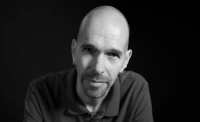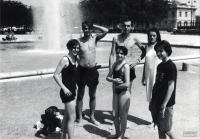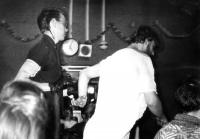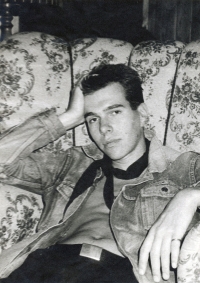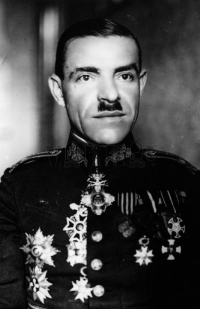Had they tried me, I may have also ended up an informer
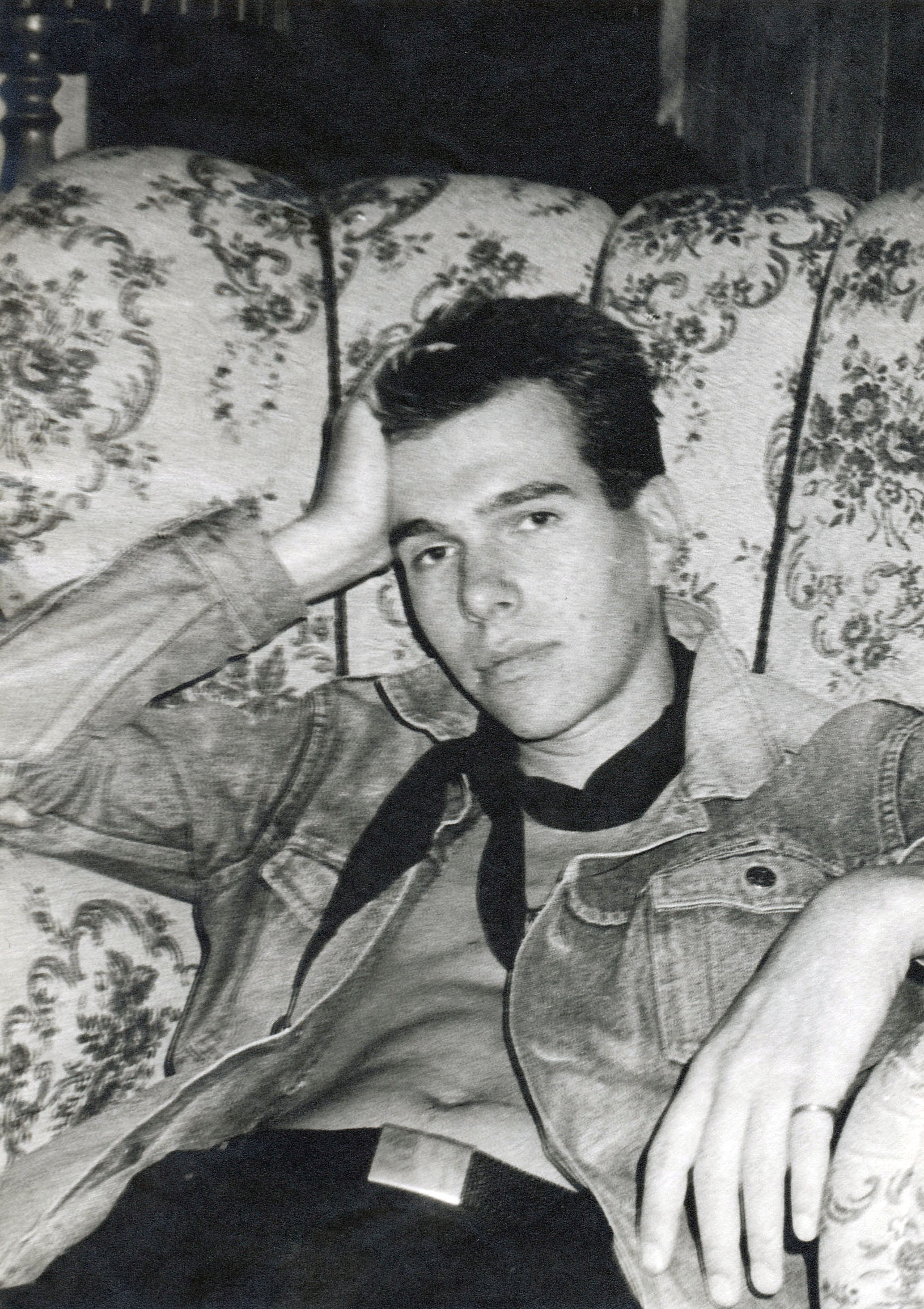
Download image
Petr Mička was born on 20 November 1967 in Děčín. His father Pavel Mička was a sea captain and Petr spent part of his childhood on his ship, getting to see many places. After finishing grammar school he went on to study Czech language and civics at the university in Ústí nad Labem. He chose this subject because he was interested in the Czech language but the only way to study it was in combination with a subject as a teacher of which he was then supposed to persuade pupils about the advantages of the communist system. Despite his studies, he was making fun of the regime and was in contact with people who openly opposed it. In 1990 he transferred to a newly-established degree in Czech language - Art teaching. In 1987, he and his colleague Jiří Imlauf went to Prague to a memorial event at the John Lennon’s wall. The march was broken up by the police. The two of them were inspected by the police and became of interest to the secret service. He was summoned for an interrogation. Only at around 2000 had he found out that his friend Jiří Imlauf had become an informer of the secret police. Petr still doesn’t know what information had Jiří given on him and his colleagues. In the end, he didn’t work as a teacher for long, and today instead makes a living as copywriter and designer.
